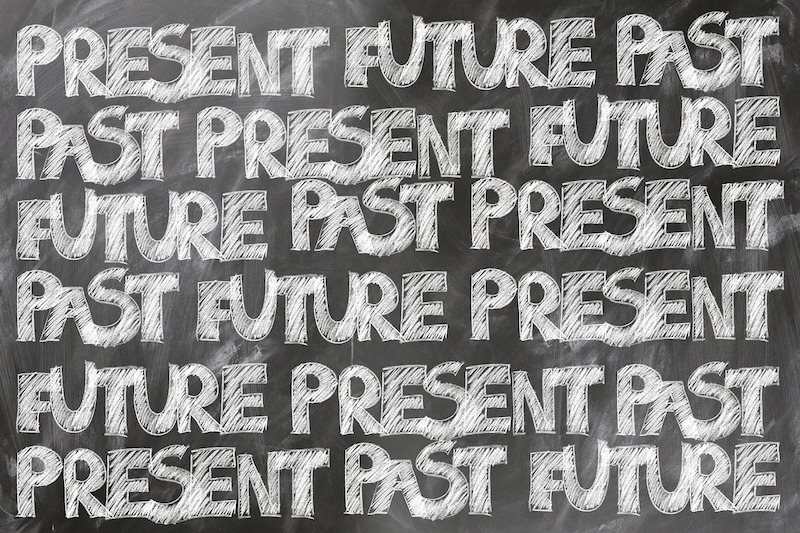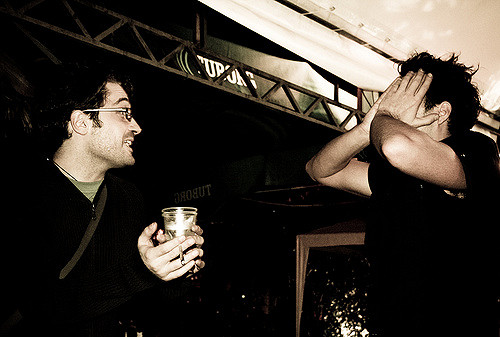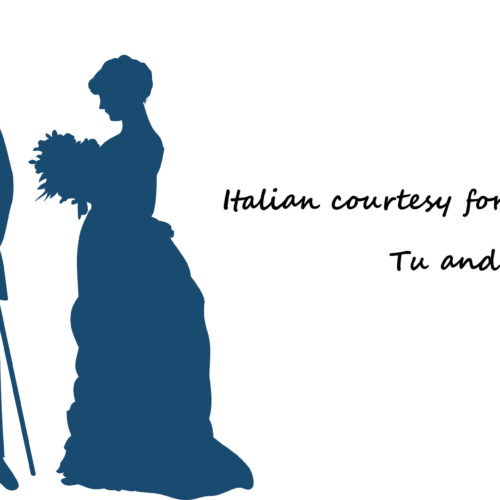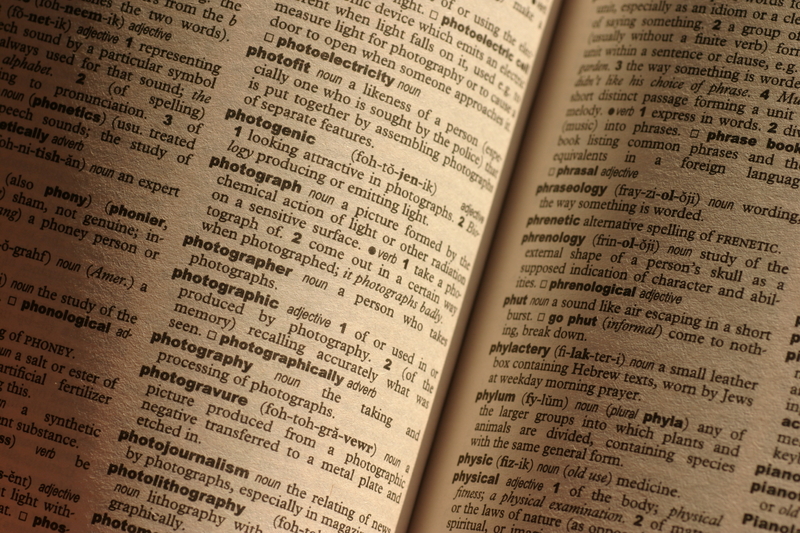For many learning Italian it’s confusing as to when to use the passato prossimo (present perfect) rather than the past (passato remoto or imperfetto). Things get even more complicated when you add geography into the equation. In the South of Italy you will find many people who use the passato remoto when speaking. In the North, however, the majority of people will use the passato prossimo, to expresses the past.
For example, many Southern Italians will say “ieri uscimmo a cena” to say “yesterday we went out to dinner.” In the North, we would say “ieri siamo usciti a cena.” Another example is “un mese fa incontrai Claudia” (“a month ago I ran into Claudia”), where the in the North it’s “un mese fa ho incontrato Claudia.”
This is not a mistake literally, but a different usage of the Italian language where the passato remoto is actually more proper and correct.
Using English as a comparison, to refer to an action in the past we use the past tense, while the present perfect is used for an action started in the past that is still ongoing when the words are spoken. The present perfect is used with adverbs such as just, already, always, ever and never. For example:
Ieri andai al cinema = Yesterday I went to the cinema.
Io la conosco dal 1965 = I have known her since 1965.
Non ho mai visto la tua casa = I have never seen your house.
When to use the Passato Prossimo
Take a look how the passato prossimo is formed in Italian:
-The passato prossimo indicates an event in the very recent past that still has a link to the present, because the event still exists, or an action that happened long ago but which still effects the present.
Due giorni fa ho preso l’nfluenza = Two days ago I got the flu (The effect is still in existence)
Oggi ho letto i giornali = Today I have read the newspapers. (Today hasn’t finished yet)
Carla si è trasferita a Parigi due anni fa (e ancora vive là) = Carla moved to Paris 2 years ago (and she still lives there)
– Used when speaking about a life experience.
Ho studiato all’estero due anni fa = I studied abroad two years ago.
– A past action in a time not completely finished
Mi sono sposata dodici anni fa = I married twelve years ago.
“When I was young I lived for 2 years in England”. You can translate this in
“Quando ero giovane vissi per due anni in Inghilterra” (passato remoto) or
“Quando ero giovane ho vissuto due anni in Inghilterra” (passato prossimo).
In the first example, the event is felt as far away in time. In the second, the event is still close, maybe beacuse it brings back good memories or because its effects are still there. So it’s not the time distance that determinates which “passato” to use, but the psychological distance.
How to form the Passato Prossimo
The Passato Prossimo is formed by the auxiliaries BE or HAVE + Participio Passato. For example:
Io ho pagato, io ho visto, lui le ha detto, lei ha mangiato, etc. (I have paid, I saw, He said, she ate).
Transitive verbs use the auxiliary have:
Mara ha mangiato la minestra = Mara has eaten the soup.
Intransitive verbs use the auxiliary verbs BE or HAVE:
Mi sono dimenticata di dirti che domani noi diamo un party = I forgot to tell you that tomorrow we’re throwing a party.
Il mio gatto è scappato dalla finestra = My cat got away through the window.
Reflexive verbs use the auxiliary BE:
Io mi sono pettinata = I combed my hair.
Claudio si è divertito giovedì sera alla festa = Claudio enjoyed himself at the party on Thursday.
Look out ! : When the verb has the auxiliary BE you make the Past Participle agree with the gender and the number:
Carla si è addormentatA
Claudia è partitA
Claudia e Carla sono partitE tardi ieri sera
Carlo e Franco sono andatI al cinema
Exercise:
Change the verb to the Passato Prossimo
1) Ieri mi (svegliare) tardi così ho perso il treno.
2) Carlo (comprare) le azioni della Parmalat così (perdere) molti soldi.
3) Quando (andare) a Londra l’ultima volta?
4) Durante la sua malattia nessun amico (chiamare)
5) Quale concerto (vedere) l’altra settimana?
6) Hai mai (mangiare) la pizza con le melanzane?
7) A Natale (fare) molti regali ai miei parenti.
Answers:
1) Mi sono svegliata
2) Ha comperato
3) Sei andato
4) Ha chiamato
5) Hai visto
6) Hai mangiato
7) Ho fatto
By Elisa Bressan






































